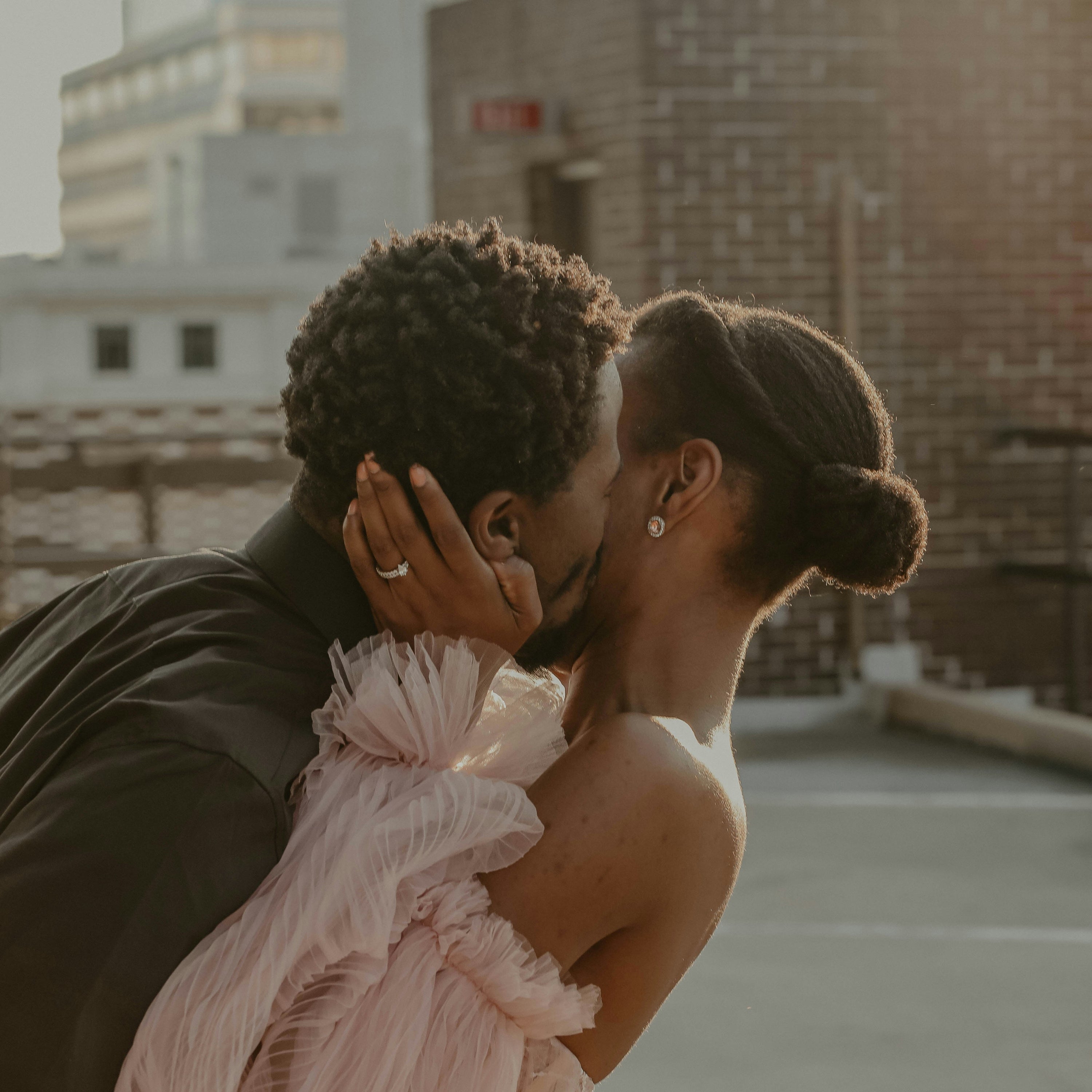The short answer: not really! Every couple is unique, and what works for one pair might not suit another. Some couples are ready to walk down the aisle within months, while others prefer to take a few years. It's all about what feels right for you.
Engagements can be a whirlwind of excitement, planning, and decision-making, so it's crucial to take your time (or not!) based on your circumstances and relationship.
In the next sections, we'll explore the pros and cons of both short and long engagements. Let's try find what will work best for you, as well as give you some top tips to help make that decision and your engagement easier!

Short Engagements
A short engagement typically means tying the knot within six months to a year. It’s exciting, fast-paced, and can make planning feel a bit like a rollercoaster ride! You'll likely need to make decisions quickly, which can actually help you avoid overthinking details. On the flip side, a shorter timeline can be a bit stressful, squeezing in appointments, bookings, and fittings. For your relationship, it’s a chance to tackle challenges together under a time crunch, which can strengthen your bond.
Pros of a Short Engagement
- Less Time for Stress: With a shorter timeline, there's less opportunity to overthink or stress about every little detail, keeping things simple and fun.
- Quick Decision-Making: You’re forced to make decisions fast, which can prevent you from second-guessing choices and help you focus on what truly matters.
- Excitement is High: The whirlwind of planning keeps the excitement alive and gives you less time to get overwhelmed or bogged down by minor issues.
- More Intimate Planning: A shorter engagement often means a more spontaneous and intimate celebration, as you may have to limit guest numbers or choose more readily available options.

Cons of a Short Engagement
- Limited Vendor Availability: With less time to plan, your preferred venues, caterers, or photographers might already be booked, limiting your options.
- Rushed Planning: You'll need to make decisions quickly, which can add pressure and potentially lead to feeling overwhelmed.
- Higher Costs: Shorter timelines can sometimes mean higher prices, as you might need to pay extra for rush orders or last-minute bookings.
- Less Flexibility: There’s little room for changes if things don’t go according to plan, which can increase stress.
How to Navigate a Short Engagement
Long Engagements
A long engagement, often lasting 2 years or more, gives you plenty of time to plan every detail at a relaxed pace. It allows for more flexibility with booking venues and vendors and can help you spread out costs. In terms of your relationship, it provides an extended period to enjoy being engaged without the rush of wedding planning. However, it can also introduce more opportunities for stress and indecision, as the longer timeline may leave you second-guessing choices or feeling like the big day is forever away.
Pros of a Long Engagement
- More Time to Plan: You have the luxury of time to research, plan, and book your dream vendors, ensuring your wedding aligns with your vision.
- Spread Out Costs: A longer timeline allows you to spread out payments, making it easier to budget and save for the big day.
- Less Pressure: With no immediate rush, you can enjoy being engaged, reducing stress and allowing for thoughtful decision-making.
- Room for Changes: If plans or ideas change, you have the flexibility to adjust things without the last-minute panic.

Cons of a Long Engagement
- Decision Overload: With more time, you might find yourself second-guessing decisions or getting overwhelmed by too many options.
- Risk of Losing Momentum: The excitement of the engagement can fade over time, making wedding planning feel more like a chore than a celebration.
- Potential for Changing Circumstances: Life changes, like moving or job shifts, can alter plans, causing delays or the need to adjust your wedding vision.
- Conflict Opportunities: More time can mean more chances for differing opinions or conflicts over details to arise.






